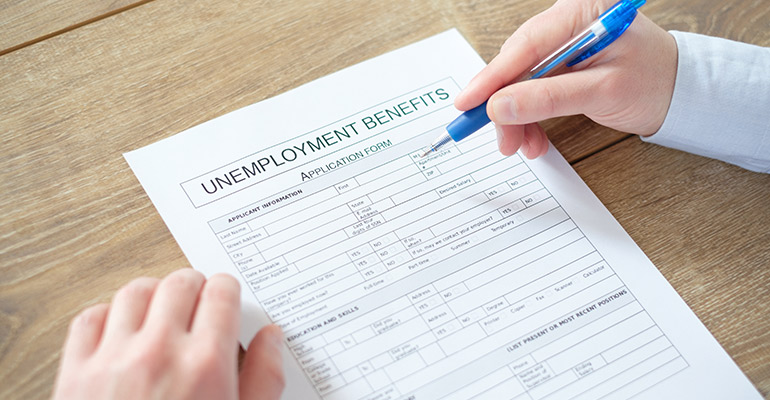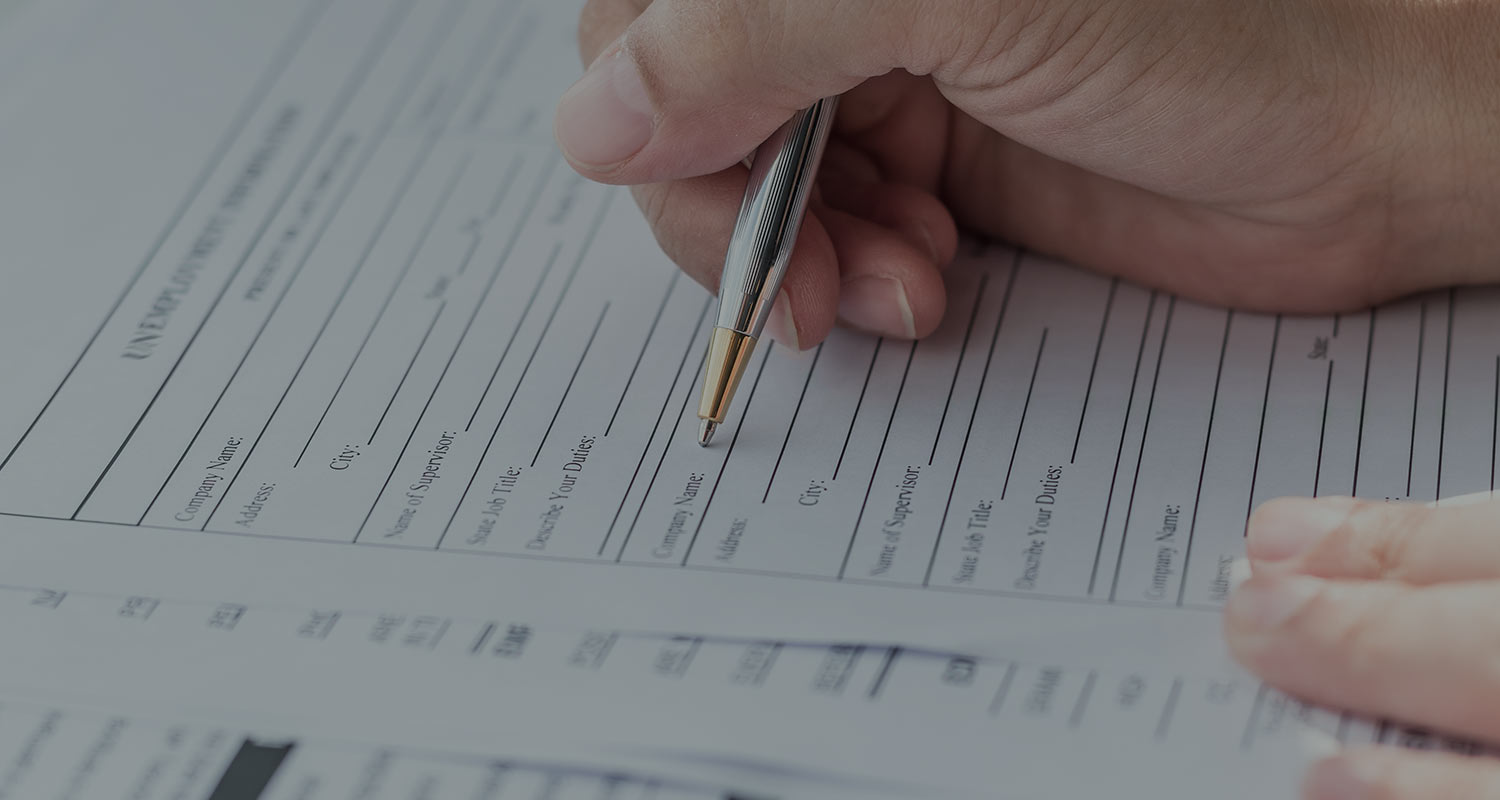
What Is the Florida Reemployment Assistance Program?
In 2012, Florida became the first state to rebrand its Unemployment Compensation Benefits Program as the Reemployment Assistance Program. And with it (in 2011) came a more stringent unemployment compensation policy: the number of weeks claimants could collect benefits was reduced, they were required to complete a research skills test, and they had to file their claim on a new unemployment benefits website (the option of filing by phone was eliminated).
In addition, once claimants qualified for benefits, they were required to provide comprehensive documentation of their weekly job-search activity.
That said, the goal of the Florida Department of Economic Opportunity (DEO), which administers the program, is to emphasize the importance of the job search and the services the agency offers. The program was designed to disburse temporary and partial wage replacement for qualified workers who have become unemployed through no fault of their own.
Who Qualifies for Unemployment Benefits?
Under the Florida Reemployment Assistance Program, you must meet the following criteria to qualify for unemployment benefits:
- Partially or fully unemployed and lost your job through no fault of your own. This includes being laid off; fired for not being efficient, for good faith errors in judgment, for carelessness, or for performance issues; quitting your job due to personal illness/disability or because your spouse has been transferred for military duties. However, you cannot be fired due to malicious misconduct or quit for personal reasons.
- Earned the required minimum amount of wages during your base period, which is the first four of the five calendar quarters prior to filing your Florida unemployment benefits claim. This includes earning wages in at least two of the four quarters of the base period, earning $3,400 or more during the entire base period, and your earnings during the entire base period must be at least one and a half times that of your earnings during your highest paid quarter.
- Able, available, and ready to work. In addition, you must be actively looking for work and document your efforts for the DEO.
How Do You File for Unemployment Benefits?
To receive unemployment benefits in a timely manner, you must file your unemployment benefits claim within a week of becoming unemployed. However, before you file for unemployment in Florida, you should gather the following information to support your claim (more information is available in the DEO CONNECT Claimant Guide):
- Your Social Security number
- Your driver’s license, state ID number, or voter registration number
- Record of your employment during the past 18 months, including:
- Name, address, and phone number for each employer
- Dates you worked for each employer
- Gross earnings (before taxes are taken out) for each employer
- Reason for separation from your job
- Federal Employer Identification Number (found on any of your W2 or 1099 tax forms). If you can’t find the FEIN, you may use your employer details from a recent pay stub
- Gross earnings for the current week (the first week you are claiming unemployment)
- A check or deposit slip, if you want your benefits deposited directly into your bank account.
Once you’ve gathered this information, you can apply for benefits on the DEO’s CONNECT website. The application process generally takes between 30 and 60 minutes, and you must finish within 72 hours or you will have to start the process over again.
It’s imperative that the information you submit is accurate and truthful. If not, you may be denied benefits or even prosecuted under Florida law.
Once you have submitted your claim, you will receive a confirmation notice. When you receive it, you will be asked to take a skills test to determine your strengths and weaknesses and help with your job search. If you do not receive a confirmation notice, you may call the Claims Assistance Center at 1-800-204-2418.
If you require assistance to file your claim or don’t have access to a computer, you should visit your nearest CareerSource location for help.
If your claim is accepted, you should receive your first payment three to four weeks later.
The procedure for filing for unemployment benefits in Florida can be grueling and frustrating. If you have any questions regarding the application process or whether you’re eligible for compensation, Wenzel Fenton Cabassa, P.A., is here to help. Contact us today to schedule your free consultation.
Please Note: At the time this article was written, the information contained within it was current based on the prevailing law at the time. Laws and precedents are subject to change, so this information may not be up to date. Always speak with a law firm regarding any legal situation to get the most current information available.









